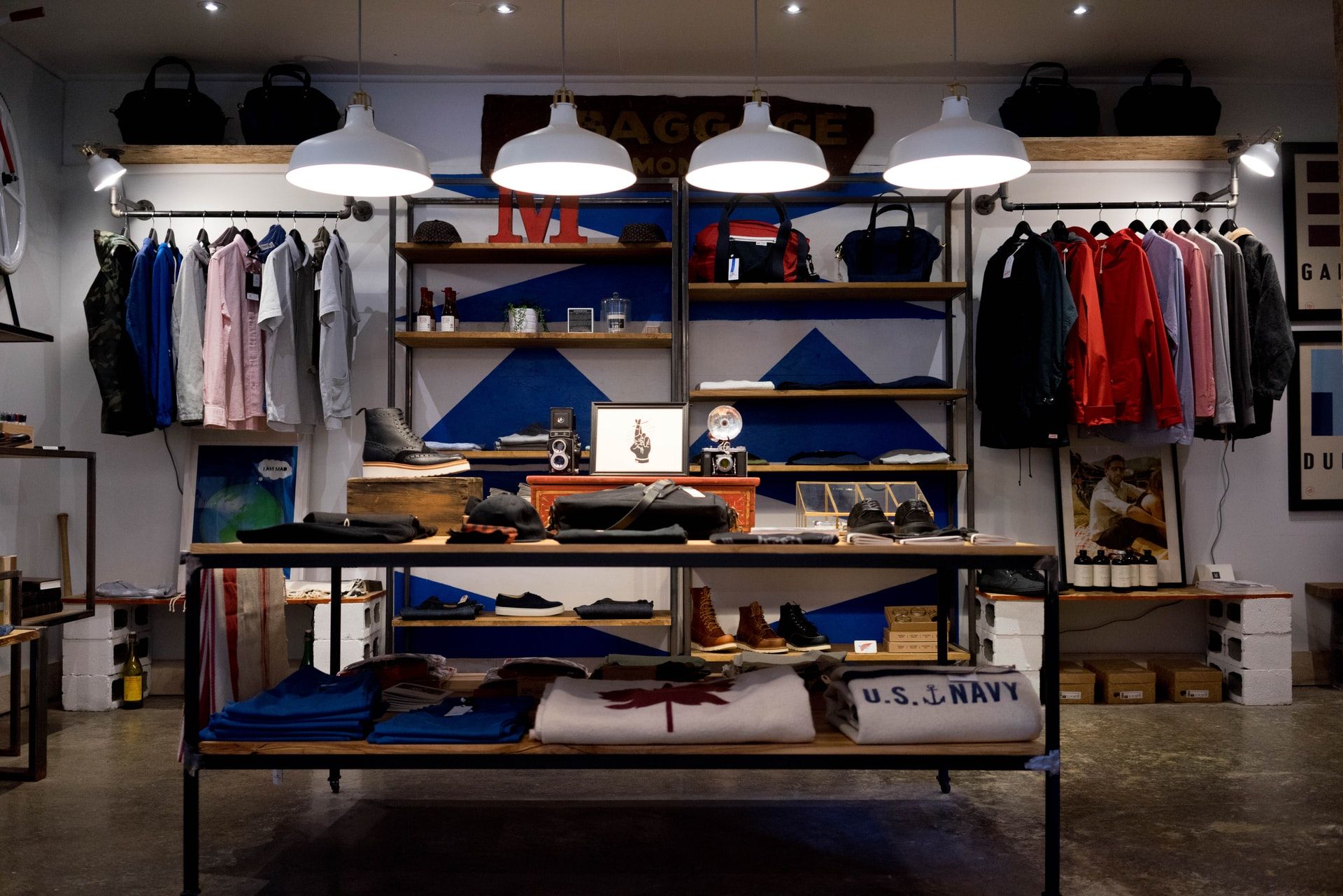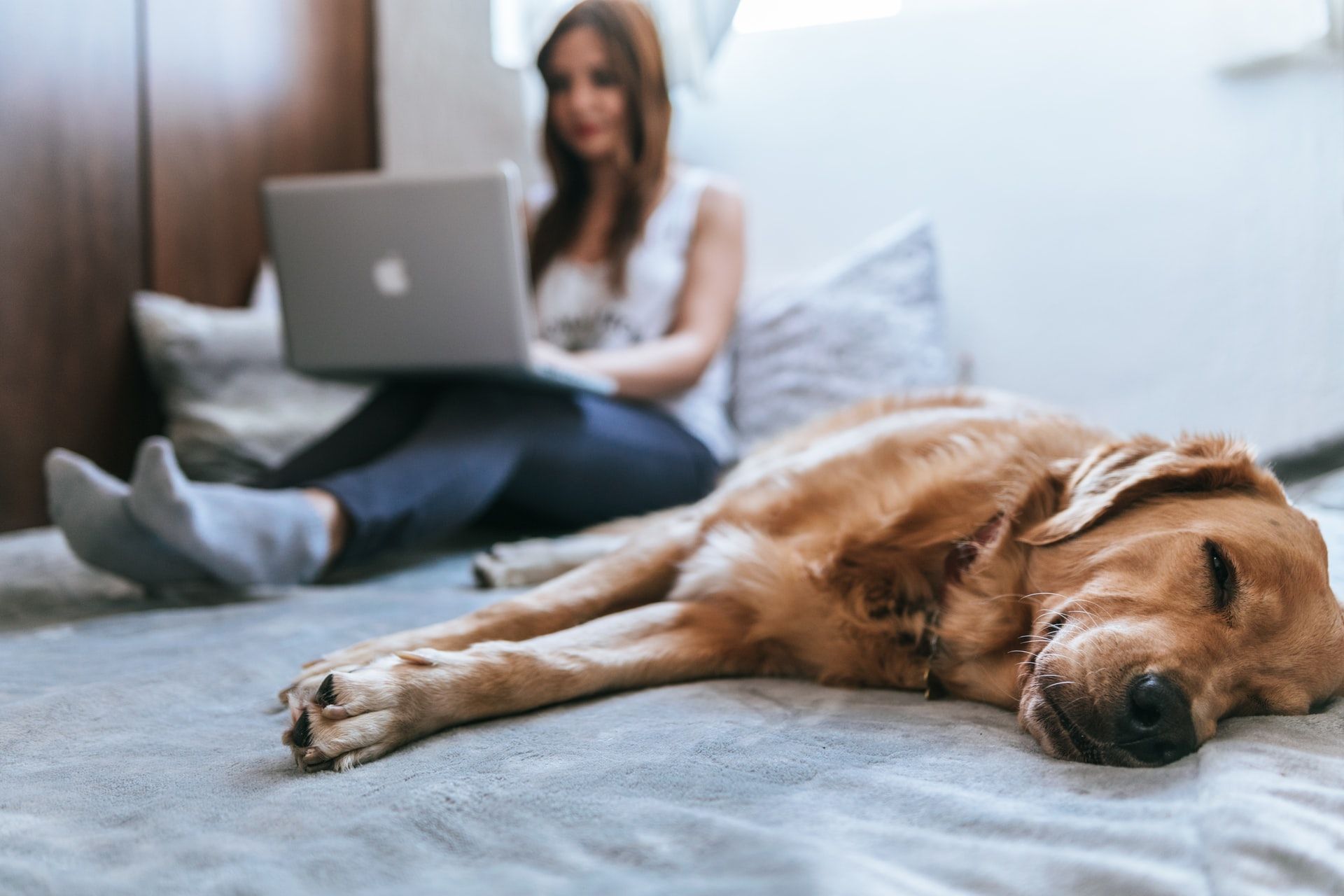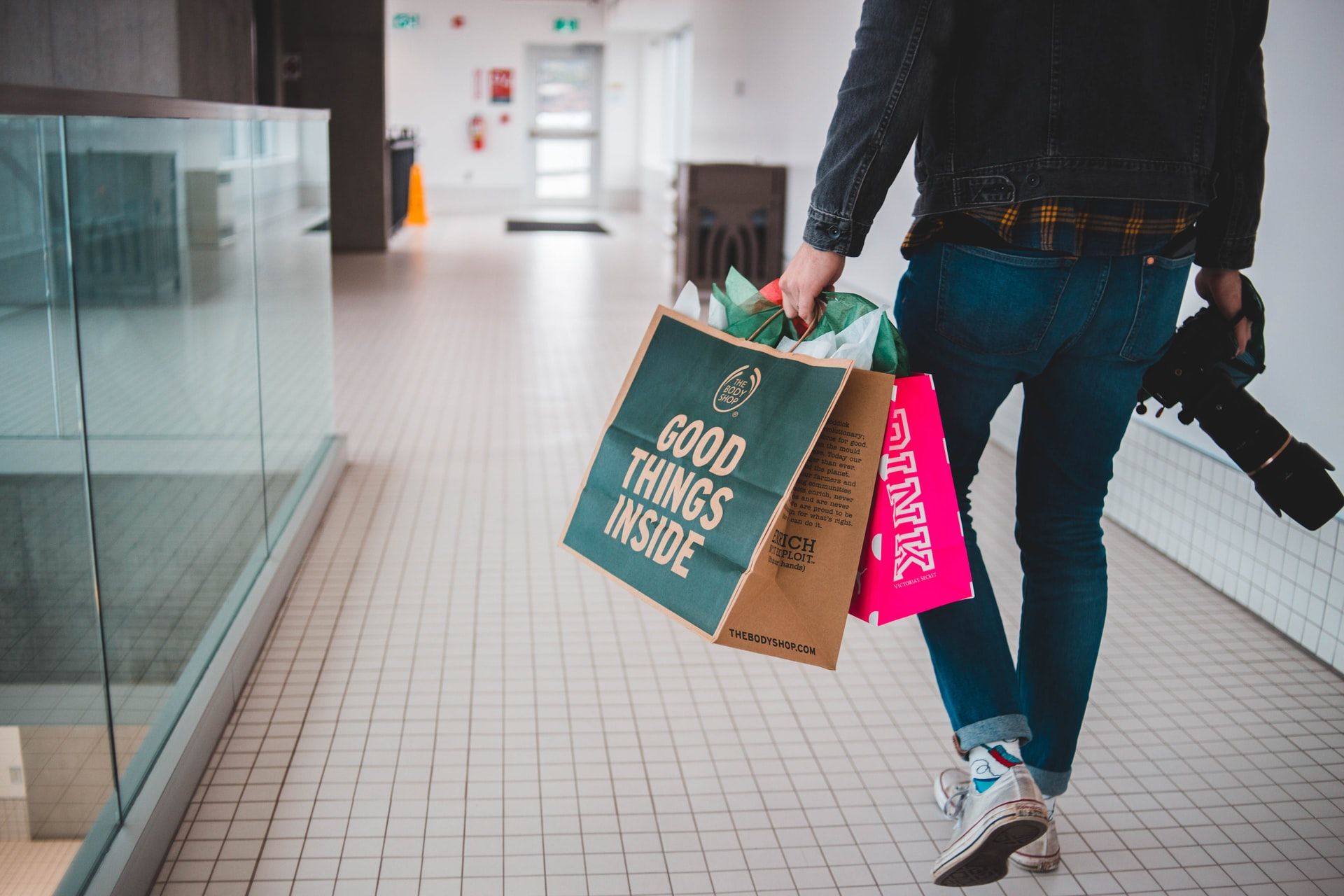
Top 7 Questions to Ask Yourself Before You Make That Big Purchase
Before you spend money on your next big purchase, here are seven questions to answer to refrain from making a mistake.
Buyer’s remorse is a dilemma many customers face when they acknowledge how much they spent on an item that may not have lived up to its worth. It's even worse when the item you bought was overly expensive. You may not realize it for months or even years later, but eventually you begin to regret spending a large amount of money when you could have used it on something more appropriate or saved it for the future. Before you spend money on your next big purchase, ask yourself a few questions to make sure it’s actually worth it. Here are seven questions to answer before you make that next big purchase so that you refrain from making a mistake.

1. Is It Affordable?
The answer to this question is, of course, subjective. Something that's not affordable to you may be affordable to someone else and vice versa. Before you ask yourself any other question, you need to make sure you can afford whatever it is that you want to buy. If you can't afford it, then you likely should not be getting it.
Affordability can also refer to loans. Many large purchases like cars and homes are not affordable in the traditional sense, meaning that people don't have the cash to purchase them outright. That's when something like an auto loan or a mortgage will come into play. In that sense, when taking out a loan, you must also determine if you can afford the loan itself.
2. How Much of My Monthly Income Will It Require?
Consider how long it takes you to earn the money to pay for your big purchase. If it takes six months' worth of salary, you may be better off getting a loan or using a credit card rather than paying for it outright. If the item is not worth pursuing a loan over, then you might want to consider not getting it.
Think about it this way. You make $20 an hour, and an item costs you $320. That's two days of work for you before taxes, which means that it will technically take over two days of work to pay for the item. Then, it's up to you to figure out whether or not it's worth it.

3. What Are the Additional Costs?
Just because you make a purchase doesn't mean that you're done spending money on it. There are additional costs to tons of things like pets, homes, and cars. Let's say you adopted a puppy for an adoption fee of $400. You must then consider all the additional expenses of being a pet parent, such as vet visits, vaccinations, emergencies, food, toys, and treats.
Before you make a large purchase, write down any of the additional expenses that come with it to determine if it's affordable in the long run.
4. What Else Can I Spend the Money On?
When looking at the purchase price of an item, consider all the other things that you can spend the money on. Keep in mind that you likely have bills to pay, recurring expenses, loans, and more that your funds must be delegated towards. This can help you get back on track when it comes to any financial goals that you've set. For example, if you want to buy a house soon, you may tell yourself that spending $3,000 on the newest iPhone when there are cheaper options available is not the right choice for you and your goals.
5. Can It Wait?
If your large purchase can wait at least a day, then you can always delay it. For example, one expensive item that we all need is a bed to sleep on. If you're moving and currently don't have a bed at the new location, then purchasing one should be a priority. However, if you have a bed that’s in good condition and you just want to go up a size, you might want to delay the purchase so you can think about it longer. Maybe you'll decide that there is no real need to go from a queen to a king at the moment because the funds can be used better elsewhere.
You can make more rational purchasing decisions and avoid buyer's remorse if you wait on making a purchase for at least one full day so that you can weigh all the options available.

6. Can I Find a Better Value?

Shopping around is easier than it's ever been. If you're looking to buy a car, a mattress, shoes, or anything else, you can use a comparison shop to find the best deals and prices. Prices can vary from store to store, including online and offline, so it's best to take the time to try to find the best deals that you can before making a large purchase.
7. Do I Really Need It?
The final question you should ask yourself is a matter of how important this purchase is to your everyday life. Most purchases are for things we want, not things we need. Of course, things like shelter, food, and a method of transportation are qualified as necessities. Things you might not need are the brand-new gaming console or the most expensive clothes available. However, many customers get their needs mixed up with their wants either due to impulse buying, lack of self-control, or simply clouded judgement.
If you simply want something, then try putting it off or saving up for it instead of spending months' worth of your income on it. If you need something, then make sure to look at all your options before you decide on which to purchase.
In Closing
Spending a ton of money on one item is never something we want to do, but sometimes it is necessary. In the long run, consumers will have to make sacrifices when it comes to buying any sort of item. The best thing that you can do when deciding whether to spend money on a large purchase is to weigh the pros and cons of what this purchase will mean for your financial situation and your life.








